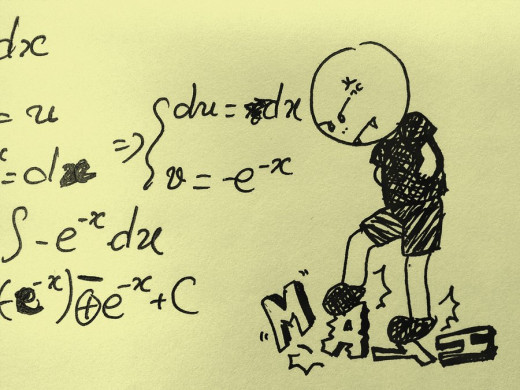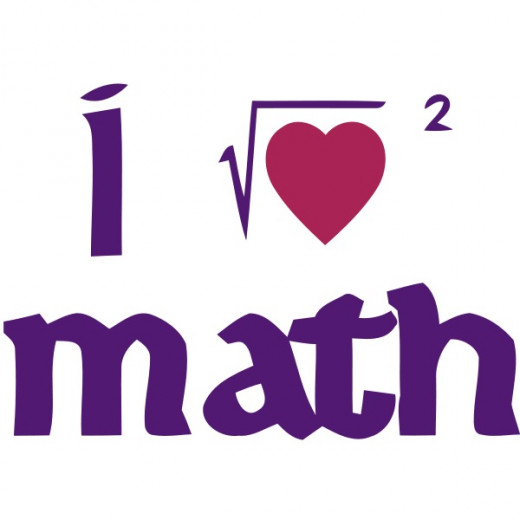Gaining an Interest in Science and Mathematics

Science and mathematics are two subjects that the vast majority of today's youth have lost interest in. The subjects are increasingly starved for attention despite the fact that the current technological advancements are calling for more and more scientists and mathematicians than ever before.The current generation of children are drifting more towards humanities and arts, and, although these areas can lead to very respectable careers, the shift is creating a lack of qualified professionals to research and teach in science and mathematics. This huge deficit of professionals in these areas could possibly hinder the next new scientific discoveries for humankind.
There are quite a few reasons that science and mathematics are not as appealing to students as it used to be. Discussing all of those reasons would probably require a novel-length essay, so I will just cover two in this article. One of those reasons is that the subjects are very hard. Another reason is that the subjects aren't fun or appealing to students.

Science and math are two very difficult subjects. Unlike many other subjects found in humanities, such as english or history, the skills that you learn in science and math are cumulative. This means that for each higher level class that you enter, you must incorporate the skills that you learned in a lower level class.
In history, for example, you may learn about dates of significant events and what those events consisted of. However, if you don't know about an event that happened in the 17th century, you can still learn about an event that happened in the 18th century. In math and science, for example, if you don't thoroughly learn algebra, then you can't do calculus. If you can't do calculus, you can't do physics. Unfortunately, there is no way around this.

Math and science are not impossible subjects to learn. Students must be thoroughly indulged in the subjects at an early age so that they aren't lost when they get to high school. Unfortunately, the standards for learning math and science aren't as high as they need to be in schools. Too many teachers are being lenient on students in these subjects. The students, instead of gaining a thorough understanding of the subjects at an early age, are "winging" their way through these subjects because they are having difficulty understanding what is being taught. This mistake does not only fall on teachers, but on parents as well.
Teachers and parents must find a way to help students gain a thorough understanding of math and science. Because students are often intimidated by these difficult subjects, once they get to college, they choose careers that don't involve math or science. Teachers and parents can help students understand math and science better by making the subjects more fun instead of intimidating.
Projects and games are one way that educators and parents can make math and science fun for students. Instead of constant lecturing on the subjects which may cause students to "tune out" of the lesson, a hands on approach is a good way for students to keep their attention focused on learning. This also can simplify the concepts that they are trying to learn, which will cause them to be less intimidated. It is important that parents have the same approach at home with their children as teachers will at school. If parents buy games and/or toys that teach math and science skills, it will help students to learn these subjects in a fun environment. There are toys for all ages of children, from babies up to teenagers, that incorporate math and science in practical applications. The parent should also participate in the games and activities to encourage the student that these subjects are fun.

It is imperative that we, as a society, change young people's view of mathematics and science. With all of the technological advances that are happening and the increasing rate of time of these developments, we need bright minds that can take our technology to the next level. We must find a way to make mathematics and science a top priority among students and making the subjects fun so that students can have a thorough understanding of them without being intimidated is one of the first steps toward success.








